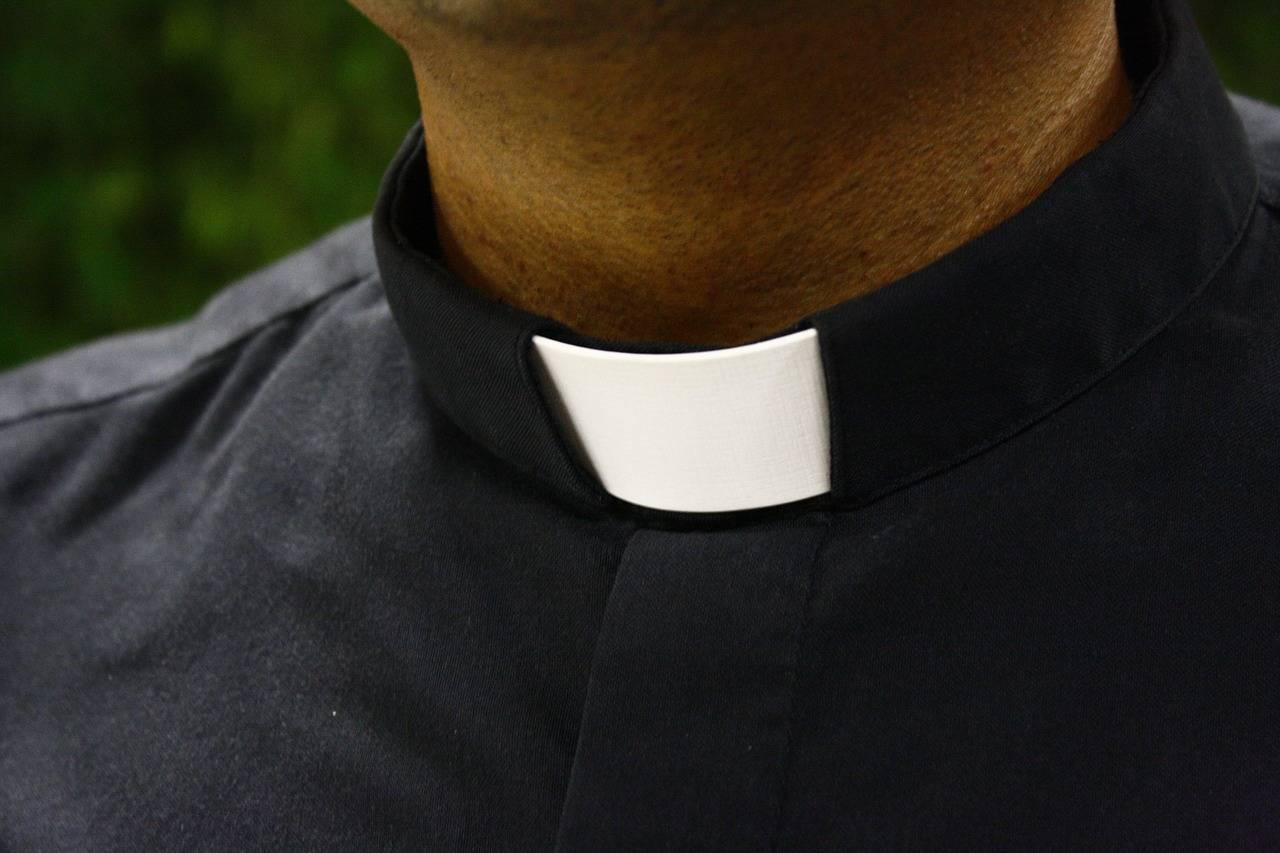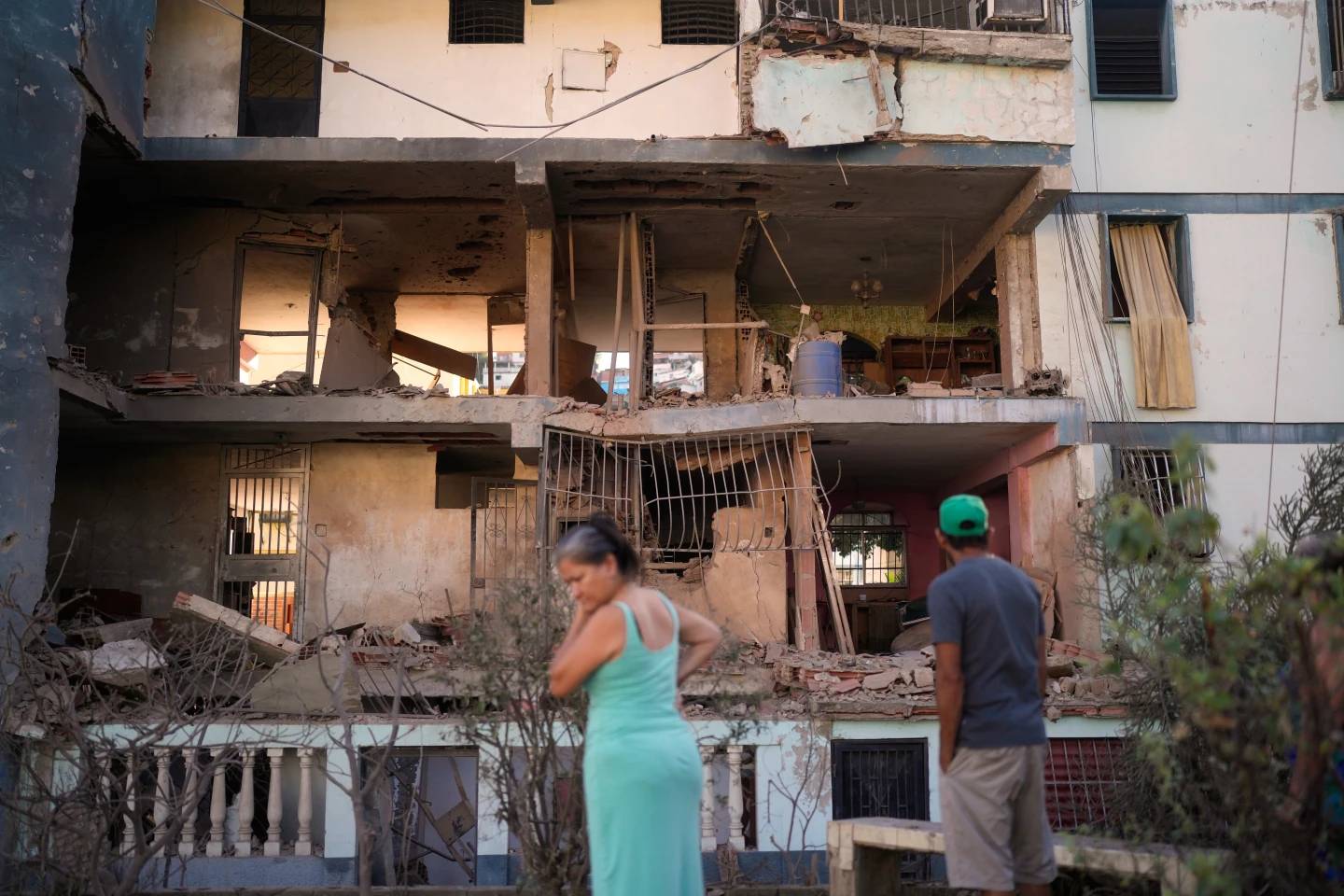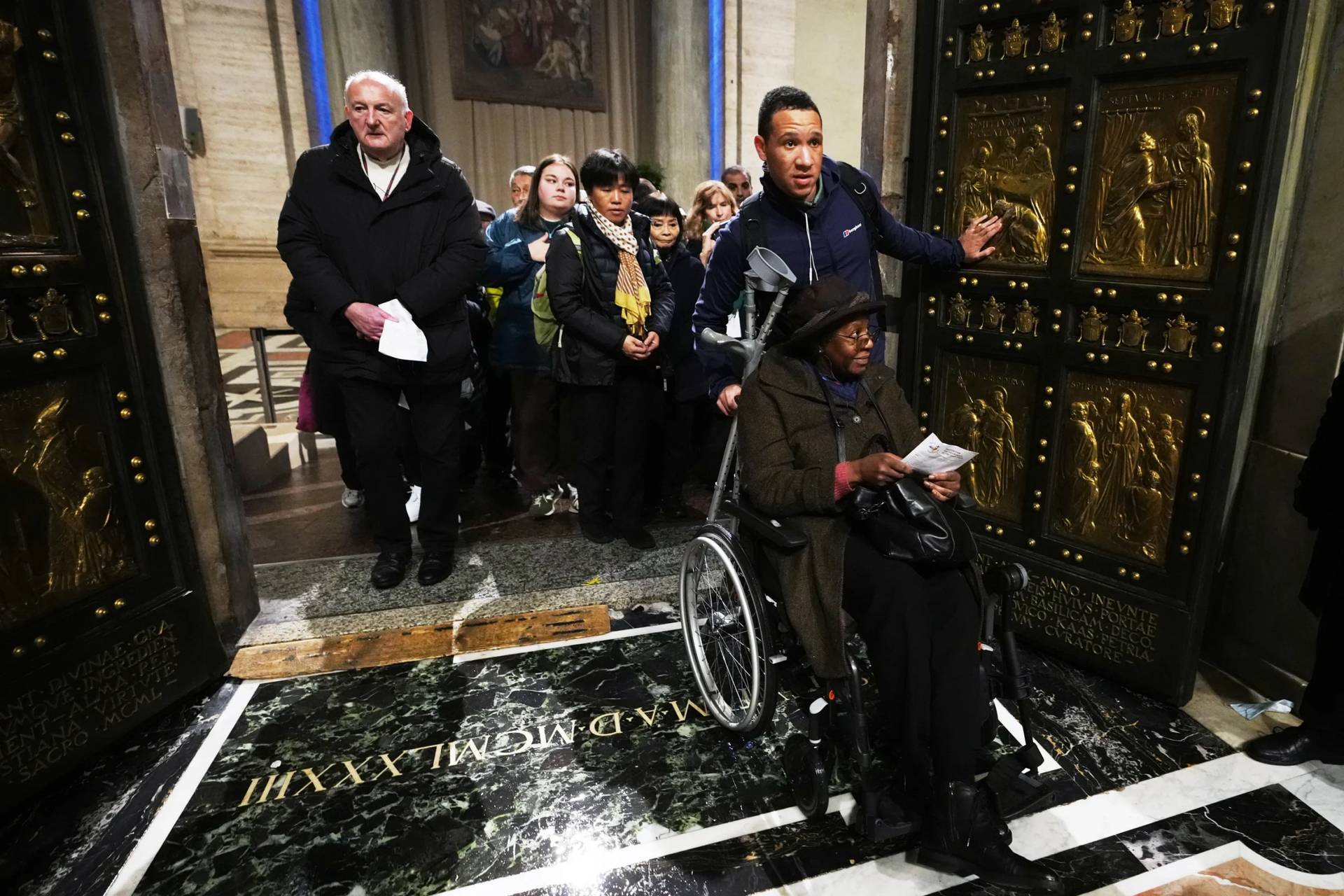SÃO PAULO – A report published by the Caritas office of the Archdiocese of São Paulo says refugee families in the city are especially vulnerable during the COVID-19 pandemic.
The survey revealed that most refugee families couldn’t comply with social distancing measures, a situation that could potentially bring extra risks to their children.
The survey was carried out between March 20, when Caritas’ Reference Center for Refugees ceased to offer in-person assistance and implemented an on-line service, and June 12.
People that sought the service for the first time were asked a list of questions concerning the impact of the pandemic in their lives, said Diego Merigueti, a lawyer who coordinates the center’s protection department.
“Due to economic needs, most refugees, 89 percent, were unable to stay in quarantine,” Merigueti told Crux.
“A great part of them are not able to find a job related to their original profession in their home country and embrace any kind of opportunity, but we know that there are fewer opportunities now,” he said.
Leaving their homes for long hours in search of any available work is not only risky for the people who are going out, but also for their family – including their children, whose living conditions were the main focus of the survey.
“We were wondering which impacts that kind of situation was having on kids, so we decided to ask the families about it,” Merigueti explained.
It was not a large sample – a total of 120 families were consulted. But the results are believed to represent the situation of most refugee families in São Paulo.
The precise number of refugees and asylum seekers in Brazil’s largest city is unknown. Only in 2018, Caritas assisted 6,500 refugees in the city. But in 2019 there has been a huge influx of Venezuelans fleeing the political and social turmoil in their homeland.
There are currently 43,000 refugees in Brazil, 38,000 of them from Venezuela, and 63 percent of the children that were part of the Caritas survey are Venezuelans.
The study showed that 20 percent of the children did not have any educational assistance since the beginning of the pandemic. Among those children with access to on-line school activities, a smartphone – shared with the other family members – was the only tool to access the internet. Only 21 percent of the families were still receiving food support for their children from their schools.
Eighteen percent of the families reported that their kids were demonstrating more emotional stress, and other psychological symptoms, such as irritation (14 percent) and excessive sadness (14 percent), were also reported.
According to Father Paolo Parise, who directs the Scalabrini Missão Paz [Peace Mission], a welcome center for immigrants and refugees in São Paulo, the number of mothers – especially Venezuelans – who have been asking his help to buy milk and food for their children has increased significantly since March.
“I’ve been noticing several Venezuelan underweight children. Families are out of food, they’re reaching the limit,” he told Crux.
Parise has been continuously organizing campaigns in order to collect food for refugees.
The economic distress led many refugees to lose their homes, he said.
“Many of them weren’t able anymore to pay the rent and had to move to occupied buildings or came back to welcome houses,” he said. Many refugees became homeless, Parise added.
There’s a general feeling of déjà vu for the refugees, the priest explained.
“After moving to Brazil and struggling to find a job and rebuild life, they’re now back to where they were at the beginning,” he said.
Moreover, the overall fragility made the infection worse among refugees.
“I know entire families, such as a Congolese one, that caught COVID-19,” Parise said.
Although the number of daily deaths in Brazil has decreased from more than 1,000 at the peak of the pandemic to a few hundred now, refugees and asylum seekers are still disproportionately suffering from the disease.
“I know people that are in the hospital in very serious condition right now,” Parise said.
Merigueti explained that the pandemic has caused many bureaucratic problems for asylum seekers, something that also impacted their lives. Many of them are now holding expired identification documents, which couldn’t be renewed during the quarantine. Now, the government has resumed renewals, but there’s a huge delay.
“With expired documents, daily life can be very difficult, despite the fact that the government declared that they should be accepted during this phase,” Merigueti said.
Parise thinks that the refugees’ situation will get more and more complicated in the near future.
“If Brazil doesn’t suffer from a second wave of COVID-19, I think those people will take at least six months to recuperate what they lost this year.”
Until then, Caritas, Missão Paz, and other Catholic institutions will do what they can to help.















